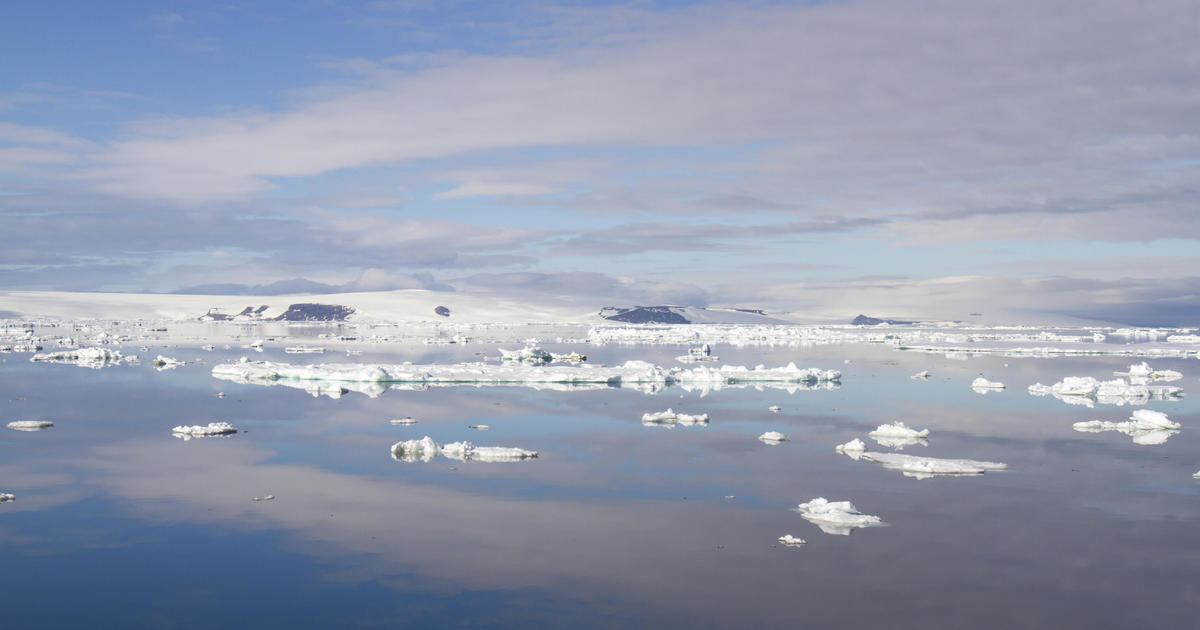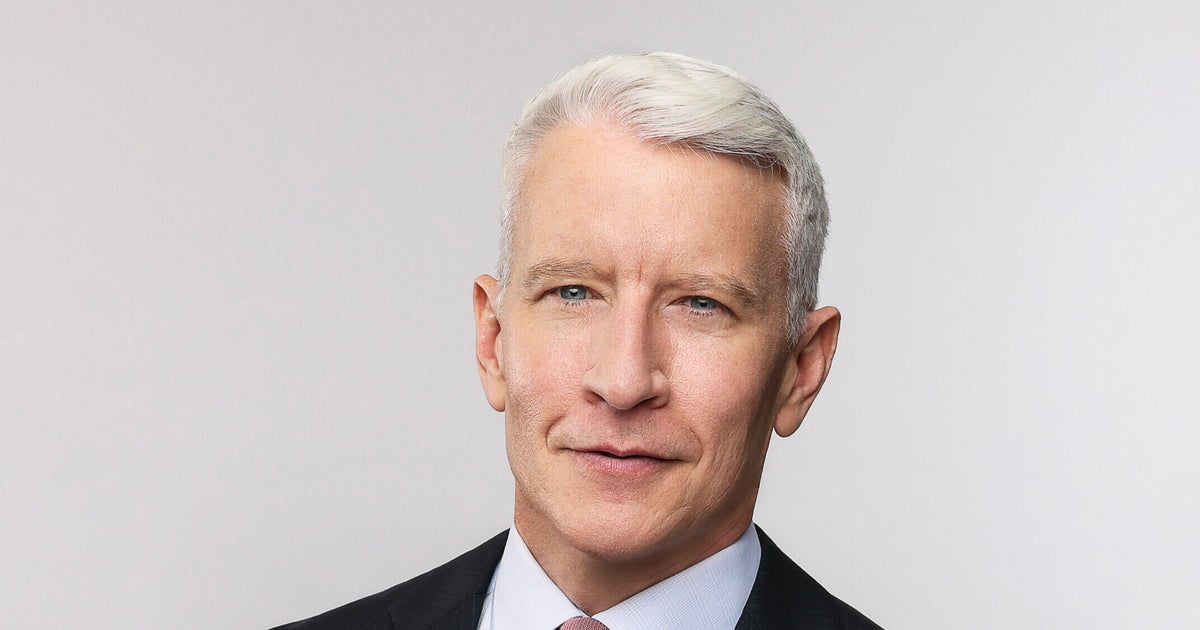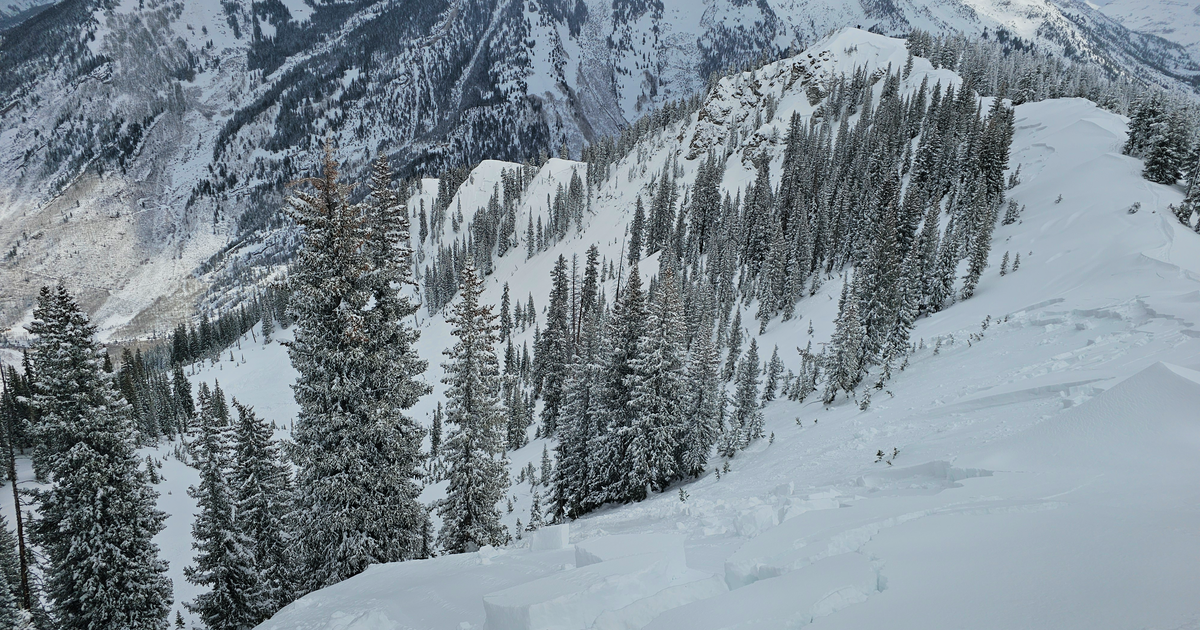Earth Day 2021: 60 Minutes revisits climate change reporting archive
This Earth Day, many around the world will spend a second consecutive year celebrating our planet from the relative safety of home, as the COVID-19 pandemic continues to test the world in unprecedented ways.
To mark this Earth Day, 60 Minutes looked back at some of the climate change stories we have reported over the years. We begin in February 2006, and a report we called, "Global Warning!"
In 2006, Scott Pelley and a 60 Minutes team traveled to the Arctic to speak with scientists, including leading authority on climate change Robert Corell and glaciologist Carl Boggild, to unearth and explain the effects that man is having on the world's climate.
Rising seas, powerful hurricanes and the eventual extinction of polar bears are a few of the major consequences these scientists warned the world about on 60 Minutes over 15 years ago.
In 2007, 60 Minutes reported on a new consequence of global warming—living in an age of "megafires." These are "forest infernos," wildfires that are roughly 10 times larger than the world was used to seeing at the time.
Scott Pelley spoke with the then-chief of fire operations for the federal government, Tom Boater, who explained that "ten years ago, if you had a 10,000-acre fire, you were talking about a huge fire...now we talk about 200,000-acre fires like it's just another day at the office."
According to recent 60 Minutes reporting, the fires that ravaged parts of northern and central California have burned nearly 4 million acres and counting.
Pelley also spoke with Tom Swetnam, one of the world's leading fire ecologists, about how global warming has created these mega-fires, and is continuing to exacerbate them.
"As the spring is arriving earlier because of warming conditions, the snow on these high mountain areas is melting and running off," Swetnam said in 2007. "The log and the branches and the tree needles all can dry out more quickly and have a longer period to be dry."
This causes a longer time period for fires to start.
At Petermann Glacier in Greenland, one of the largest glaciers in the Arctic Circle that has been rapidly melting, the world's leading climate scientists, oceanographers and geologists go just one month a year to work.
In 2016, 60 Minutes correspondent Sharyn Alfonsi and her team traveled seven hundred miles above the Arctic Circle to the U.S.'s Thule Air Force Base in northern Greenland to join these scientists, and report on "one of the most significant efforts to study changes in the climate."
In December of 2018, 60 Minutes correspondent Bill Whitaker reported on "The Camp Fire," a massive wildfire that burned through Paradise, California in November 2018 and claimed 85 human lives. The fire that raged through this small town in Central California destroyed over 19,000 buildings and homes in just its first few hours.
The remains of many victims couldn't be identified with conventional methods such as fingerprints or dental records, and local authorities had to turn to a new rapid DNA approach for victim identification.
Ken Pimlot, the former chief of the California Department of Forestry and Fire Protection, said that years of drought and dry vegetation stemming from rising temperatures were the reason for these blazing fires, and that it was only going to get worse.
"These fires are showing no sign of letting up," Pimlot said. "There's no reason for them to stop based on the conditions that we're seeing...we're now, every year, seeing fires...that are becoming more and more extreme."



